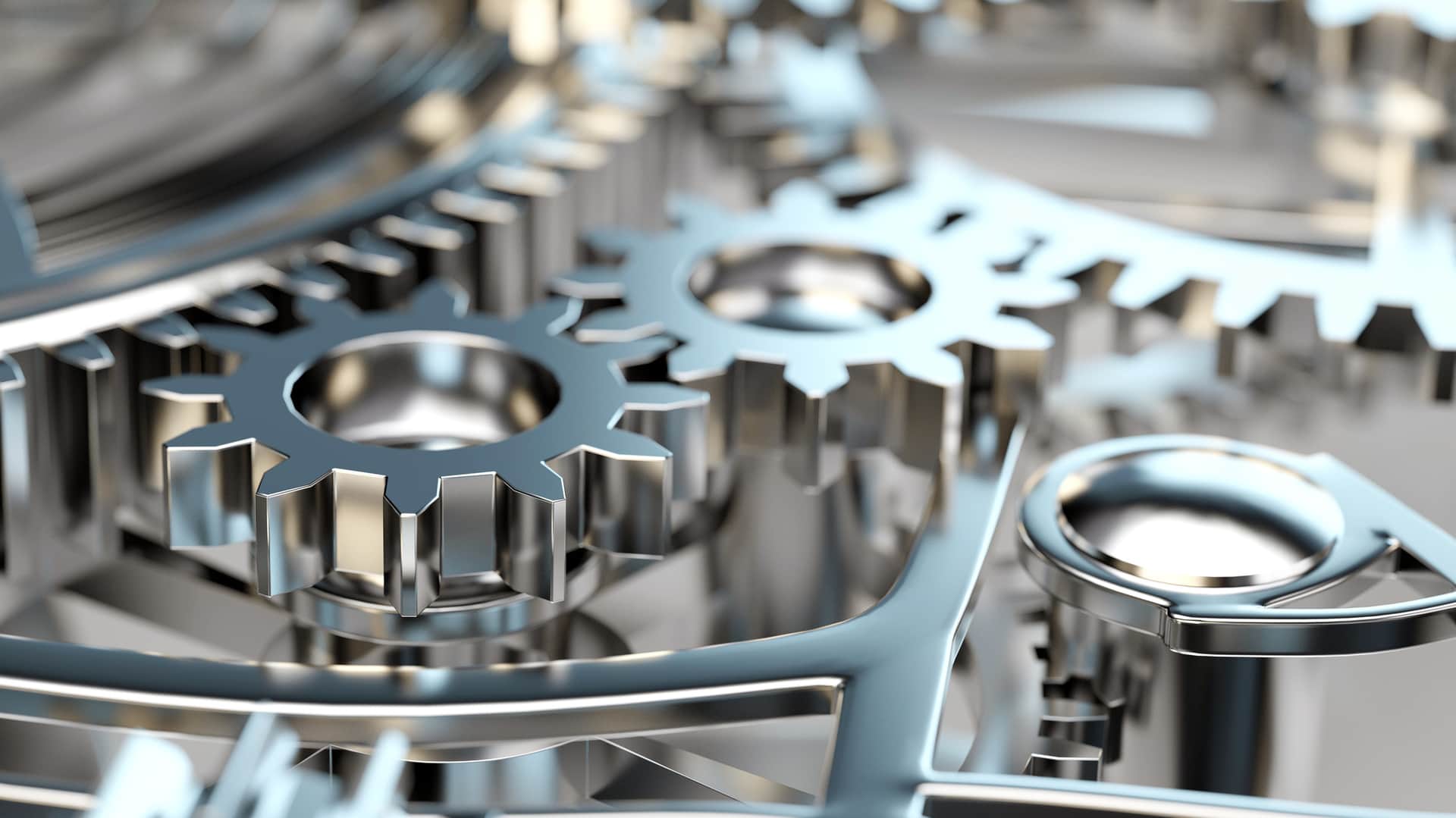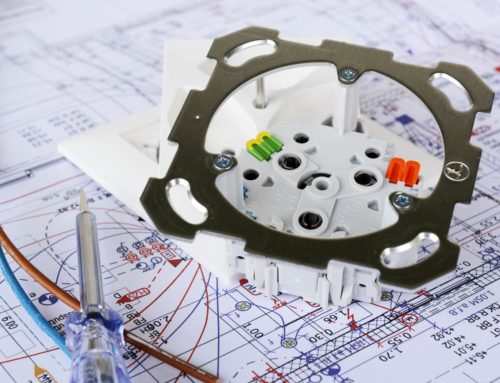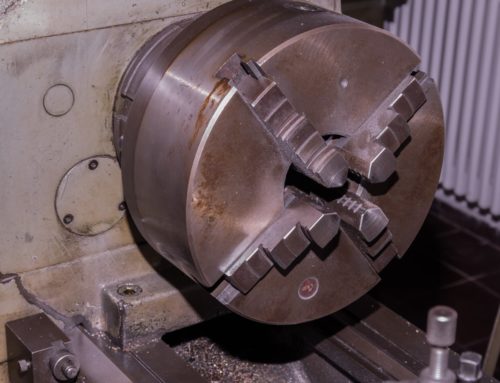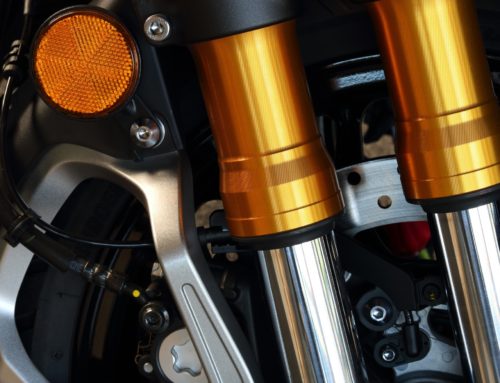Choosing the right brake for your motor depends on several things. One factor is the motor type: is it AC, or DC?
It’s important to know which type of motor is best for your project and how to tell them apart.
Do you know the differences between AC vs. DC motor systems? Click here for a guide to help you understand the differences.
Understanding the AC vs. DC Motor
What is an AC motor? An AC Motor uses AC power, which means it runs on alternating current. The current is magnetic and forms through coils wrapped around a central core. An AC induction motor is the most common type of motor found throughout the world, and there are two main subtypes.
Induction motors are the first subtype. These motors feature wound stator coils and a turning rotor.
Synchronous motors are the second type. These motors feature slip rings that make them spin at a faster rate. Unlike induction motors, they do not depend on induced current.
Powerful and efficient, AC motors are popular for use in projects that need a quiet power source. They are also durable, don’t require a lot of power to start up, and are adjustable during different phases of use. They come in varying sizes and are used in many different industries.
Understanding the DC vs. AC Motor
A DC motor runs on direct current. They are high-voltage machines, and commonly used in manufacturing or industrial settings.
Unlike AC motors, a DC electric motor does not feature a rotating magnetic field. They use a rotating armature that spins around a permanent magnet.
There are also two subcategories of DC motors, brushed and brushless. Brushed motors are classic, and use an axle, brushes, and a spinning rotor.
The changing electrical charge of the brushes determines the speed and direction of the motor. Brushless motors use magnets spaced around the rotor to control efficiency, and special wiring control speed and direction.
DC motors are simpler to install but require slightly more power to start up than AC motors do. They tend to react more quickly to stop, start, and speed adjustment commands, which is why having quality motor brakes is important.
They are more expensive to repair or replace, but their advantages can be significant, depending on their application.
DC motors power all kinds of industrial machinery, from the food and beverage industry to motor vehicles, scientific labs, HVAC and building systems, medical equipment, agriculture, and more.
DC motors are best for appliances that need steady sources of power, like vacuum cleaners, sorting machines, elevators, or conveyor belts. They are somewhat simpler to fix and maintain and are available in many different sizes.
Read More About Motors and Brakes on Our Blog
As DC motor specialists, we can fill you in on all the current trends in our industry.
We can help you find a customized solution for your motor braking needs, help determine whether you want an AC vs. DC motor, and make recommendations based on all the latest data and equipment available.
Feel free to visit our webpage and contact us for more information.






